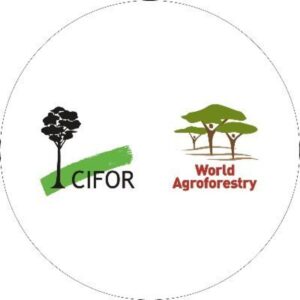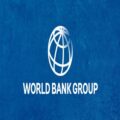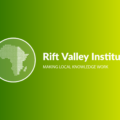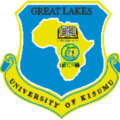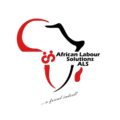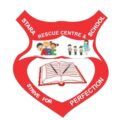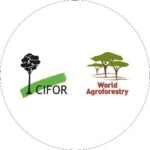
CIFOR-ICRAF
Explore Exciting Opportunities with CIFOR-ICRAF
Are you ready to embark on a rewarding journey where your expertise and passion can contribute to creating positive change in forestry and agroforestry? The Center for International Forestry Research (CIFOR) and World Agroforestry (ICRAF) are calling for talented individuals to join our diverse and dynamic team. With a shared commitment to professionalism, impact, and collaboration, CIFOR-ICRAF offers a range of exciting opportunities for individuals who are ready to make a difference.
Why CIFOR-ICRAF?
At CIFOR-ICRAF, we envision a more equitable world where trees in all landscapes enhance the environment and well-being for all. As CGIAR Research Centers, we are at the forefront of global efforts to promote sustainable forestry and agroforestry practices, working in partnership with governments, NGOs, academia, and local communities. By joining our team, you will have the opportunity to work on cutting-edge research projects, engage with diverse stakeholders, and contribute to positive social and environmental impact.
Explore Our Current Opportunities: CIFOR-ICRAF
1. Executive Assistant to the Director General
- Location: Nairobi, Kenya
- Deadline: 25 Mar 2024
- Apply Here: Executive Assistant – Apply Now
2. Project Administrator
- Location: Nairobi, Kenya
- Deadline: 25 Mar 2024
- Apply Here: Project Administrator – Apply Now
3. Agroecological Systems Analyst
- Location: Nairobi, Kenya
- Deadline: 26 Mar 2024
- Apply Here: Agroecological Systems Analyst – Apply Now
4. Consultant – Communication Specialist
- Location: Bogor, Indonesia; Nairobi, Kenya
- Deadline: 30 Mar 2024
- Apply Here: Communication Specialist Consultant – Apply Now
5. Project Designer
- Location: Global
- Deadline: 12 Apr 2024
- Apply Here: Project Designer – Apply Now
6. Senior Scientist/Deputy Country Coordinator Cameroon
- Location: Yaoundé, Cameroon
- Deadline: 12 Apr 2024
- Apply Here: Senior Scientist/Deputy Country Coordinator – Apply Now
7. Scientist- Restoration of Rangeland Health and Earth Observation
- Location: Nairobi, Kenya
- Deadline: 15 Apr 2024
- Apply Here: Scientist – Apply Now
8. General Call for Applications – Science Roster
- Location: Various Locations
- Deadline: 01 Jan 2025
- Apply Here: General Call for Applications – Apply Now
9. General Call for Applications – Consultant Roster
- Location: Various Locations
- Deadline: 01 Jan 2025
- Apply Here: Consultant Roster – Apply Now
Key Benefits of Joining CIFOR-ICRAF:
- Competitive salary packages commensurate with experience and qualifications.
- Comprehensive benefits package, including health insurance, retirement plans, and professional development opportunities.
- Access to dynamic and inclusive work environments that foster growth, collaboration, and innovation.
- Meaningful work that contributes to sustainable development and positive social impact.
- Opportunities for flexibility, including remote work options and flexible hours.
Why Join CIFOR-ICRAF?
- Diverse and Inclusive Environment: We value diversity and aim to ensure all qualified individuals have an equal opportunity when applying for employment. Join our multicultural and multidisciplinary teams where collaboration thrives.
- Professional Development: CIFOR-ICRAF is committed to the growth and development of our employees. Take advantage of opportunities for training, mentorship, and career advancement.
- Meaningful Impact: Contribute to sustainable development and positive social impact through our research and projects. Make a tangible difference in communities around the world.
- Comprehensive Benefits: Enjoy competitive salaries, health insurance, retirement plans, and other benefits designed to support your well-being and success.
How to Apply:
To apply for any of the positions listed above, click on the respective “Apply Here” link and follow the instructions provided on our online application portal. Make sure to submit your CV, cover letter, and any other required documents to be considered for the role.
JOIN OUR TALENT NETWORK
Don’t see a fit at this time?
Don’t worry. Join our Talent Network and get notified about the latest opportunities. Join Now
Follow JOBS-HUB.ORG channel on WhatsApp: JOIN NOW!
jobs-hub.org
To apply for this job please visit www.cifor-icraf.org.

